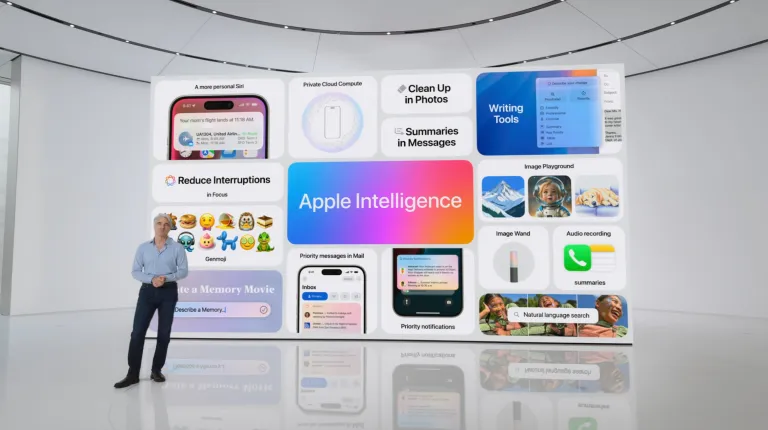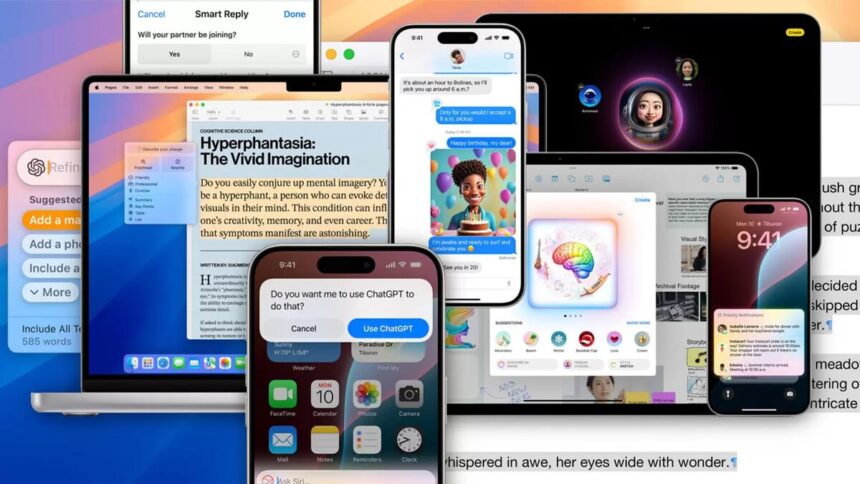It’s no surprise that Apple’s rollout of its Apple Intelligence features has been gradual. The first six features will launch at the end of this month, but we don’t expect the new version of Siri to make a proper debut until sometime next year.
However, one analyst believes we might need to adjust our expectations even more. According to them, we won’t see “serious” AI performance on iPhones until 2026 or 2027.
There was some buzz about Apple Intelligence potentially sparking a supercycle of iPhone 16 purchases, especially since anyone without an iPhone 15 Pro would need to upgrade to access the new features. But so far, it looks like this year’s iPhone sales are pretty much in line with last year’s, suggesting that people aren’t viewing AI as a major incentive to upgrade just yet.

Jefferies analyst Edison Lee isn’t shocked by these developments. Reports from The Street indicate that he believes the anticipated 5-10% growth in iPhone sales will likely go unmet.
While he acknowledges that Apple has a significant edge in the AI space compared to other smartphone brands, he believes it will take another 2 to 3 years before we see that translate into a noticeable boost in demand for new iPhone models.
“We like Apple Intelligence long term, as Apple is the only hardware-software integrated player that can leverage proprietary data to offer low-cost, personalized AI services,” Lee said. “However, smartphone hardware needs rework before being capable of serious AI, likely by 2026/27.”
Still, Lee argues that Apple has a longer-term advantage in terms of tech and cost development over its Android-based competitors, particularly given its partnership with chipmaker Taiwan Semiconductor.
He anticipates that Apple will see growth in iPhone sales next year, but he believes this will be more due to the rumored slimmer iPhone 17 Air rather than the impact of Apple Intelligence.
“We believe AI-capable smartphone tech is likely 2-3 years away due to limitations in high-speed memory and advanced packaging tech,” he said. “But Apple’s thin model (17 Air) in 2025 could attract more upgrade demand.”









